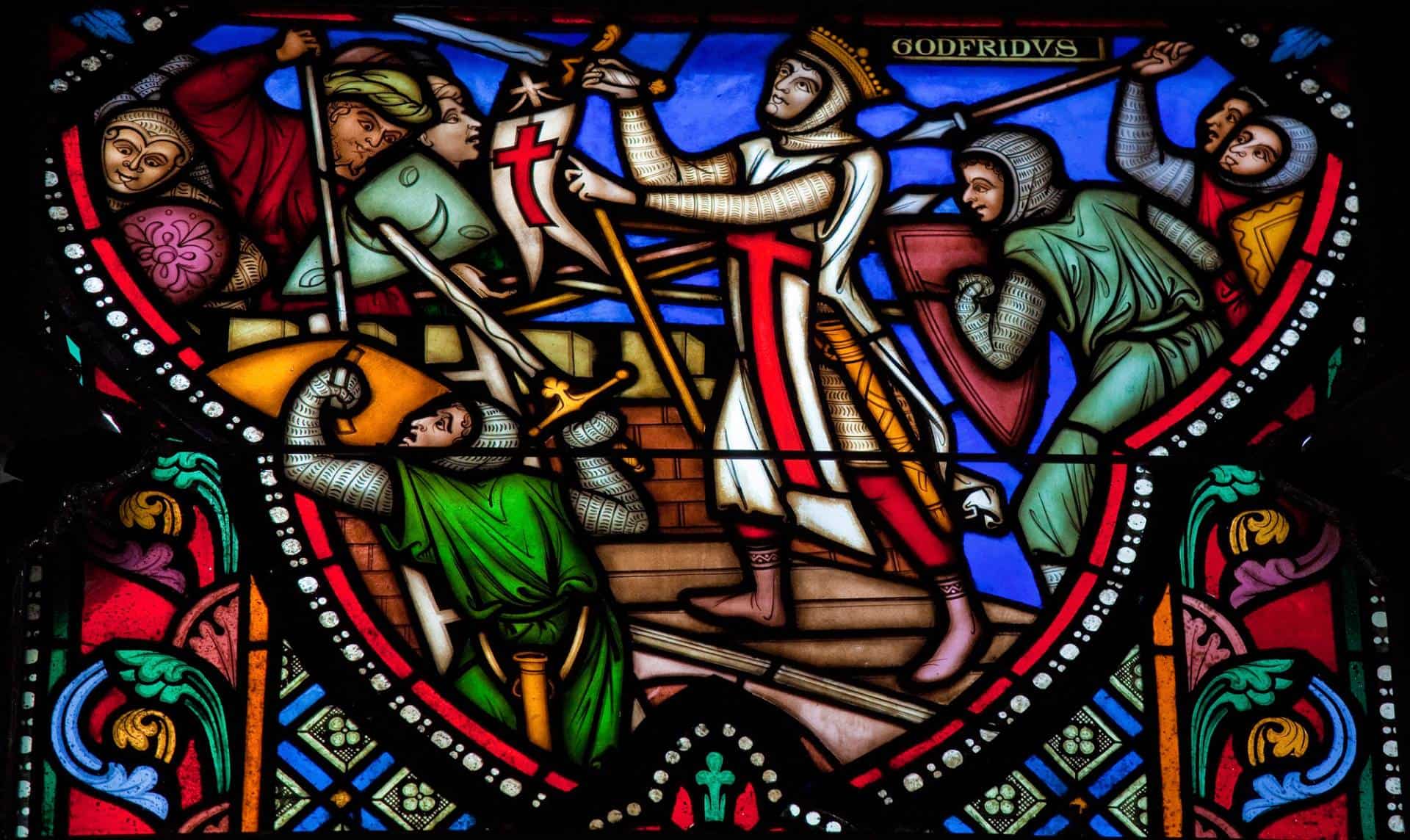
The Crusades were a series of religiously motivated military campaigns that took place during the Middle Ages, primarily in the 11th to 13th centuries. These campaigns were initiated by Western European Christians in response to a call for help from the Byzantine Empire, which was under threat from the expansion of Muslim Seljuk Turks.
The primary goal of the Crusades was to regain control of Jerusalem and other holy sites in the Holy Land (modern-day Israel, Palestine, and parts of Jordan and Lebanon) from Muslim control. Jerusalem held immense religious significance for Christians, as it was believed to be the site of Jesus Christ's crucifixion and resurrection.
Over the course of several centuries, there were multiple Crusades, with varying degrees of success. The First Crusade, launched in 1096, was the most successful and resulted in the capture of Jerusalem in 1099. However, subsequent Crusades faced numerous challenges, including military defeats, logistical difficulties, and internal conflicts among the Crusader forces.
The Crusades had significant cultural, economic, and political impacts on both Europe and the Middle East. They facilitated exchanges of knowledge and culture between the East and West, and led to the development of new trade routes. They also had lasting effects on the relationships between Christians, Muslims, and Jews, leaving a legacy that continues to influence the world today.
It's important to note that the Crusades were a complex and multifaceted historical event, involving various political, religious, and social factors. Different Crusades were led by different leaders and had different objectives, and their outcomes varied widely.










